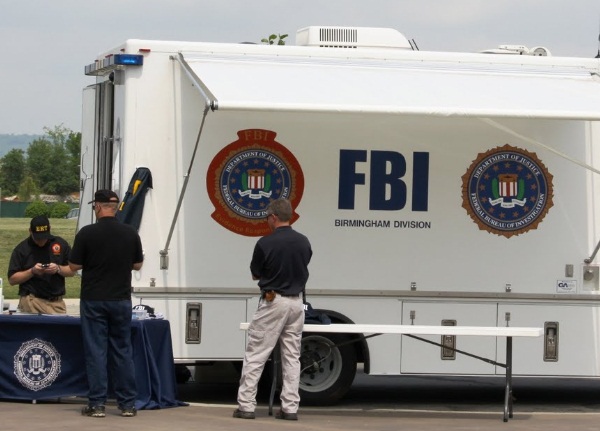The words “National Domestic Communications Assistance Center” sound harmless enough. It could be a call center for a tech support company. It could be a relay center for the telecom industry or a hub for amplified reach of broadband signals. The name is about as conspicuous and attention-grabbing as “please be quiet” sign at the library.
In reality, NDCAC may be the start of the most powerful and potentially dangerous wing of the FBI.
As CNET reports, the mandate is broad. With cybercriminal technology greatly outpacing their counterparts, the desperate need to be able to listen in on potential terrorist plots being planned has been a focus of many government agencies. The need is clear but this is certainly sounding like a bad way to go about filling it.
The goal of NDCAC is to gather information through secure channels. From intercepting and decoding Skype conversations to sifting through social media posts, the broad scale that this organization has in its charter should be terrifying to everyone.
They aren’t saying much about it. They aren’t attempting to put the minds of skeptics and conspiracy theorists at ease. They aren’t declaring with a bullhorn that this is not intended to infringe on the privacy rights of citizens. In essence, they’re saying nothing.
“Wiretapping the internet” has been in play for years. The government has seen that criminal and terrorist organizations have been “going dark” in their communication channels and this worries them just as it should worry us. The only thing worse than the government not knowing enough is when the government knows too much. Are we really at the point where potential risks supersede basic rights and expectations?
In The Dark Knight, Bruce Wayne chose to destroy his high-frequency surveillance machine after using it to catch The Joker. It was the most unrealistic part of the movie – not the technology, but the willingness to not use it again. Human nature will take a good thing and turn it bad over time. This is where NDCAC will go from necessary evil to Big Brother intrusion factor.
Every day, the government pushes for new ways to get into our computers, into our networks, and into our lives. They do it with the good intentions that have always and will always lead to abuse. It is only through the necessary protections and assurances that such powers have the potential to not run amok and trample our rights.
NDCAC is already shrouded in mystery and they haven’t done anything yet. There’s a fine line between not tipping off the bad guys and not having the transparency and oversight necessary to stave off abuses. Keeping everyone in the dark is worse than the bad guys going dark.
Here’s what the FBI has to say about the NDCAC:
The NDCAC will have the functionality to leverage the research and development efforts of federal, state, and local law enforcement with respect to electronic surveillance capabilities and facilitate the sharing of technology among law enforcement agencies. Technical personnel from other federal, state, and local law enforcement agencies will be able to obtain advice and guidance if they have difficulty in attempting to implement lawful electronic surveillance court orders.
It is important to point out that the NDCAC will not be responsible for the actual execution of any electronic surveillance court orders and will not have any direct operational or investigative role in investigations. It will provide the technical knowledge and referrals in response to law enforcement’s requests for technical assistance.
Did you just sigh in relief after reading that? Didn’t think so.


